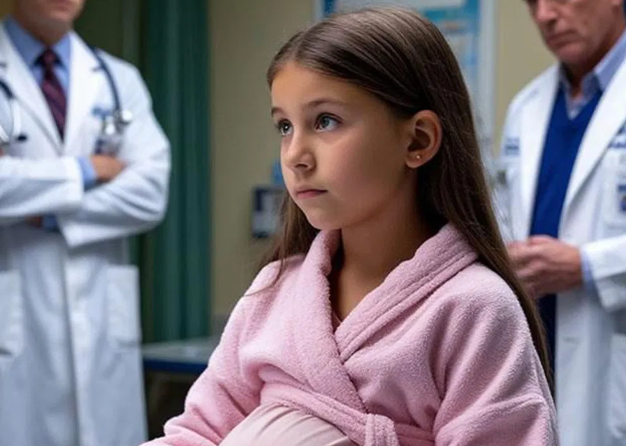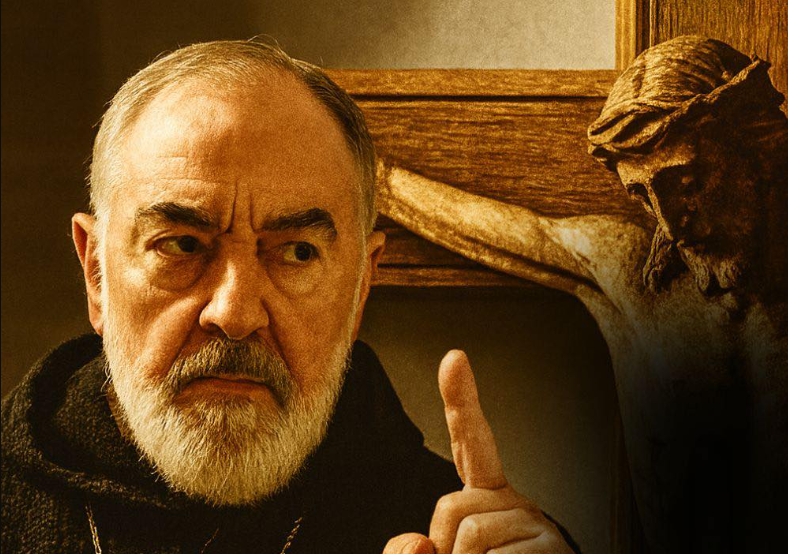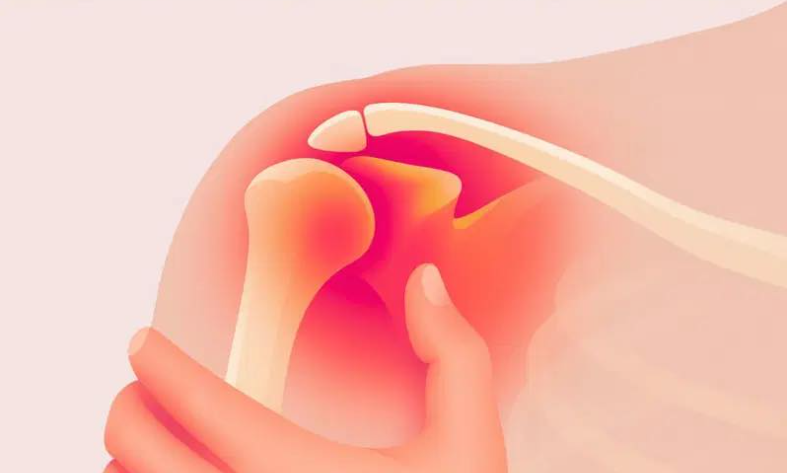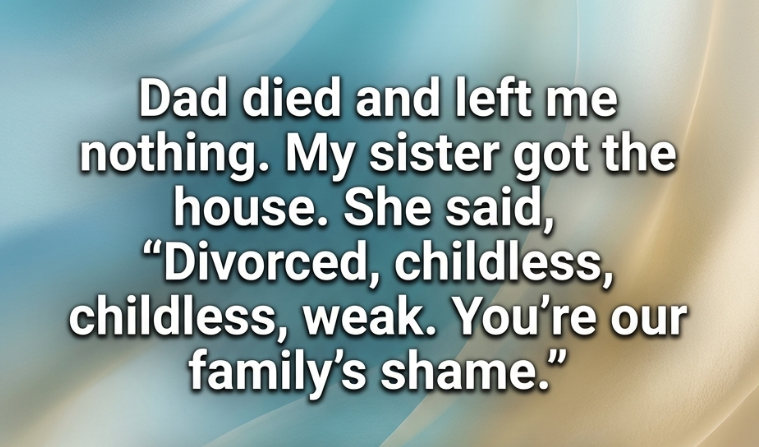The father left—abandoning his partner and their small child. It’s a story the world knows too well—so common it barely turns heads anymore. Society even mocks it: “He went out for bread and never came back.”
Sometimes, these absent fathers are romanticized—turned into sailors, astronauts, secret agents. It’s the child’s fantasy, a gentler version of a painful truth: he left because he was selfish. Imagining a noble excuse is easier than facing the ache of being unwanted.
But what if it’s the mother who walks away?
That’s the question Alexey Dultsev found himself staring down.
One morning, he sat at the kitchen table, head in his hands, listening to the tick of the clock. His body was heavy with exhaustion, his heart heavier still. Across from him sat three-year-old Karina.
With her green eyes, rosy cheeks, and curly hair, she looked like a little doll. She played with her porridge, her gaze fixed on the cartoons playing in the background.
Karina was his stepdaughter. Her biological mother, Zhenya, was gone.
“Where’s Mommy?” Karina asked, pouting. “Why does she get to stay home and I have to go to kindergarten?”
Alexey hadn’t expected the question so soon. He fumbled for words.
“She… had something important to do,” he said, busying himself at the sink. “Maybe you’ll stay with Grandma Tamara for a while.”
Karina’s face dropped. “I don’t want to! It’s scary there. Grandma says there’s a monster that eats bad kids. She yells. She calls me a ‘child of sin’…”
Alexey winced at the mention of Tamara—Zhenya’s mother. Cold, stern, and fiercely religious, Tamara was hardly the nurturing type. But he had no other options. That day, he drove Karina to her grandmother’s village.
The moment they arrived, Karina clung to him, sobbing.
“Please don’t leave me!”
Tamara pulled the child away, scolding her sharply. As Alexey got back in the car, he glanced in the rearview mirror—and saw Karina chasing the car, crying out:
“Daddy! Don’t go!”
He slammed the brakes, jumped out, and scooped her into his arms.
“I’m sorry. I’m not leaving you. Ever.”
Tamara shouted behind him, but he didn’t care. He took Karina home.
He had met Zhenya about a year and a half earlier—a stunning brunette with a magnetic presence. At first, she didn’t mention she had a daughter. Karina was living with her grandmother in the countryside. Only later, when the relationship deepened, did Zhenya open up.
Alexey came from modest roots—his father a plasterer, and he himself worked his way up through construction jobs.
By his mid-twenties, he was doing well—co-owning a small renovation company. When he found out about Karina, he was surprised, but didn’t hesitate. He insisted they bring her to the city.
Zhenya agreed, somewhat reluctantly, claiming daycare would be better for the child. They got married. Alexey legally adopted Karina. For a brief time, everything seemed to settle.
Then everything collapsed.
His business partner, Danil Svitov, had been laundering money. When the authorities closed in, Danil fled the country—and Zhenya left with him.
She left only a note: “I don’t want this life. Give Karina back to her grandma.”
The betrayal devastated Alexey. Not for his sake—but for Karina’s. Her mother hadn’t just left—she had discarded her entirely.
But Alexey stayed. He raised Karina on his own, even as he lost his business and reputation.
He took whatever work he could find. He learned how to braid hair, cook her favorite meals, and comfort her through nightmares.
He didn’t just play the role of a father—he became one.
By the time Karina was eight, she was a lively, sharp little girl with short hair and a passion for K-pop.
Alexey knew all her idols. He traded his rock playlists for BTS, stopped making liver and onions—Karina’s most hated meal—and became a master of lasagna.
But when she turned ten, everything changed.
One winter morning, Karina looked pale at school. During gym class, a boy teased, “Karina’s pregnant!” The kids laughed, and she burst into tears. A teacher pulled her aside.
“I kissed a boy once,” she cried. “His sister said that’s how you get pregnant. My belly’s getting big… and today there was blood…”
The teacher quickly realized—Karina had started her first period.
She was terrified. No one had ever explained it to her.
Alexey rushed to the school. Overwhelmed, he confessed, “I thought we had more time. She’s still my little girl…”
At the hospital, doctors confirmed it was the start of puberty—but they also found a benign ovarian tumor, explaining her swollen belly and early development. She needed surgery.
The operation went well.
Alexey took time off work and stayed by her side during recovery—reading to her, playing games, holding her hand through it all.
One evening, her teacher Kristina came by with books and comfort—and slowly became part of their lives.
She guided Alexey through the awkward, vital parts of raising a girl—how to talk about periods, how to buy clothes, when to just listen.
With time, Kristina and Alexey grew close. They eventually married.
Karina now had two parents. Not by blood—but by love.
Their home, once marked by loss and heartbreak, was now filled with warmth, laughter, and safety.
And Alexey realized—that was the richest life he could have ever asked for.







